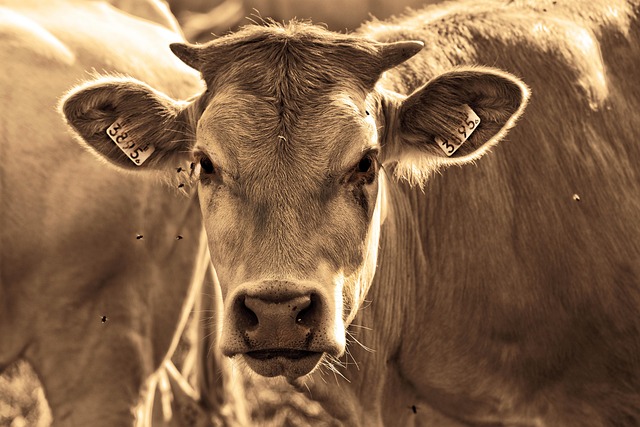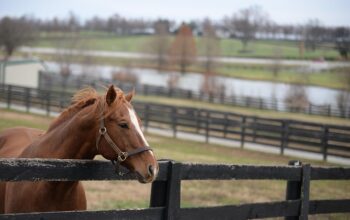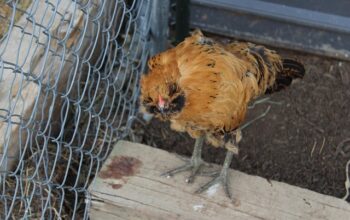Wooden fencing for farms offers timeless aesthetics but requires careful maintenance to prevent rot and damage from weather. Treated wood varieties like cedar or pressure-treated options last longer with less upkeep. Despite initial effort, farmers value the natural look and durability of wooden fences, enhancing farm landscapes, privacy, and security while defining livestock areas. Cost-effective alternatives include recycled materials, vinyl, and chain link fences, balancing quality and affordability for modern farming operations.
Wooden fencing is a popular choice among farmers, offering both functional benefits and aesthetic appeal. This article delves into the pros and cons of using wood for farm fences, exploring key considerations for lasting durability and maintenance. We examine how wooden fencing enhances farmland aesthetics while providing essential privacy and security. Additionally, we compare costs to help farmers make informed decisions about budget-friendly options suitable for their needs.
- Durability and Maintenance: Wood's Longevity and Care Requirements
- Aesthetic Appeal and Farmland Fitting
- Privacy and Security: Fencing for Farm Safety
- Cost Comparison: Budget-Friendly Options for Farmers
Durability and Maintenance: Wood's Longevity and Care Requirements
Wooden fencing for farms offers a timeless aesthetic, but its durability and maintenance requirements are key considerations. While wood is naturally durable, it’s not indestructible. Exposure to elements like sunlight, rain, and snow can cause rot, warping, or fading over time. However, with proper care and regular maintenance, farm owners can extend the life of their wooden fences significantly.
Regular cleaning, painting or staining every few years, and checking for loose or damaged boards are essential practices. Treated wood varieties like cedar or pressure-treated options are more resistant to decay and require less frequent upkeep compared to untreated softwoods. Despite the initial effort, many farmers find that the charming, natural look of wooden fencing makes the care a worthwhile investment in their farm’s landscape.
Aesthetic Appeal and Farmland Fitting
Wooden fencing for farms offers a charming aesthetic appeal that enhances the overall look and feel of agricultural landscapes. The natural warmth and texture of wood blend beautifully with the surrounding environment, creating a welcoming and picturesque setting. This style of fencing can complement diverse farmland themes, from traditional country estates to modern organic farming operations.
When choosing wooden fencing for farms, consider the type of wood used and its treatment to ensure longevity in various weather conditions. The right fence design can both highlight the beauty of the land and provide necessary boundaries, contributing to a balanced and aesthetically pleasing farmland landscape.
Privacy and Security: Fencing for Farm Safety
Fencing for farms offers a multitude of benefits, especially in terms of privacy and security. A robust fence can provide much-needed protection for both the farm itself and its valuable resources. It acts as a barrier against unwanted intruders, mischievous animals, and even potential threats from nearby properties. By installing fencing, farmers can ensure their livestock is safe within designated areas, preventing them from wandering off or getting into conflicts with neighbors.
Additionally, privacy fences contribute to the overall aesthetic appeal of a farm. They create defined spaces, offering a sense of separation and exclusivity. This is particularly beneficial for farms situated in close proximity to urban areas, where maintaining a peaceful atmosphere and ensuring the safety of both residents and livestock are paramount. Effective fencing solutions cater to these needs, making them an indispensable consideration for any farming operation.
Cost Comparison: Budget-Friendly Options for Farmers
When considering fencing options for farms, cost is a primary concern for farmers looking to balance quality with affordability. Traditional materials like steel and wood can be expensive, especially when covering large areas. However, there’s a spectrum of budget-friendly alternatives that offer viable solutions for farm fences.
One option is opting for recycled or reclaimed wooden posts and rails, which are often more cost-effective than new timber. Additionally, vinyl fencing has gained popularity due to its durability and low maintenance requirements, making it a long-term investment despite the higher upfront costs. Farmer’s also shouldn’t overlook chain link fences, known for their strength and affordability, suitable for both temporary and permanent boundary solutions.
Wooden fencing offers a timeless aesthetic and practical solution for farmers, but it requires regular maintenance. While initial costs may be lower than other materials, long-term upkeep is essential. For those seeking a natural look that complements farmland, wood can enhance privacy and security without compromising budget constraints. When considering wooden fencing for farms, balancing durability with visual appeal allows farmers to make an informed decision that benefits their land and livelihood.




